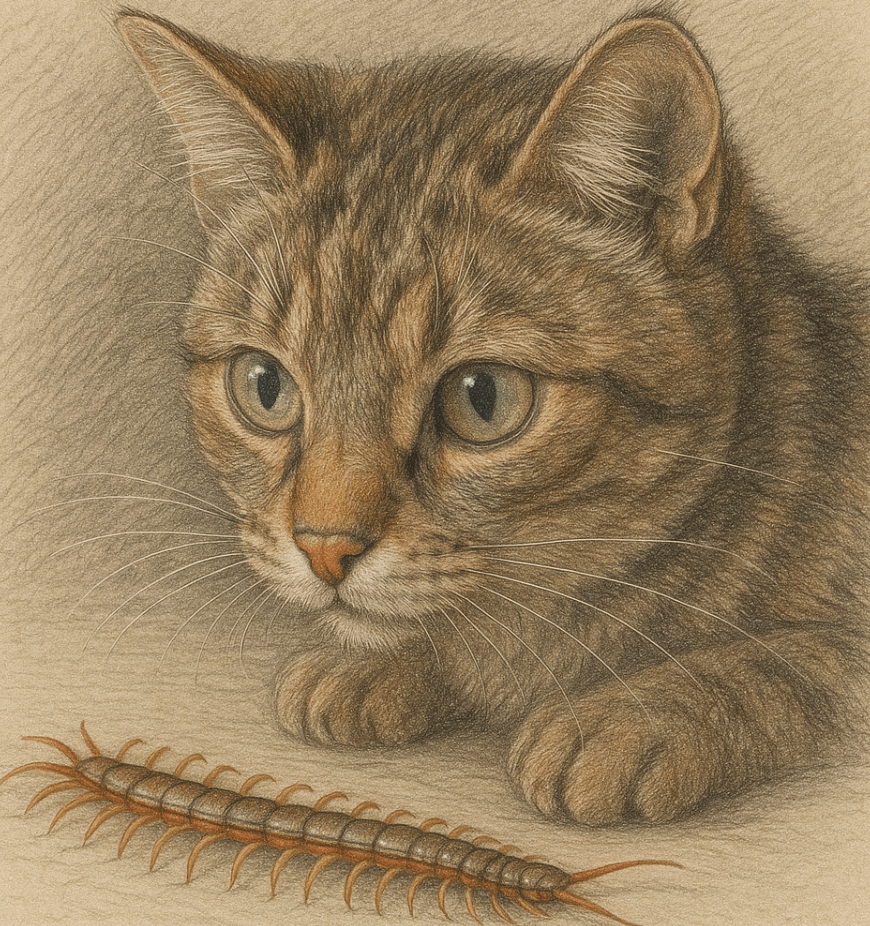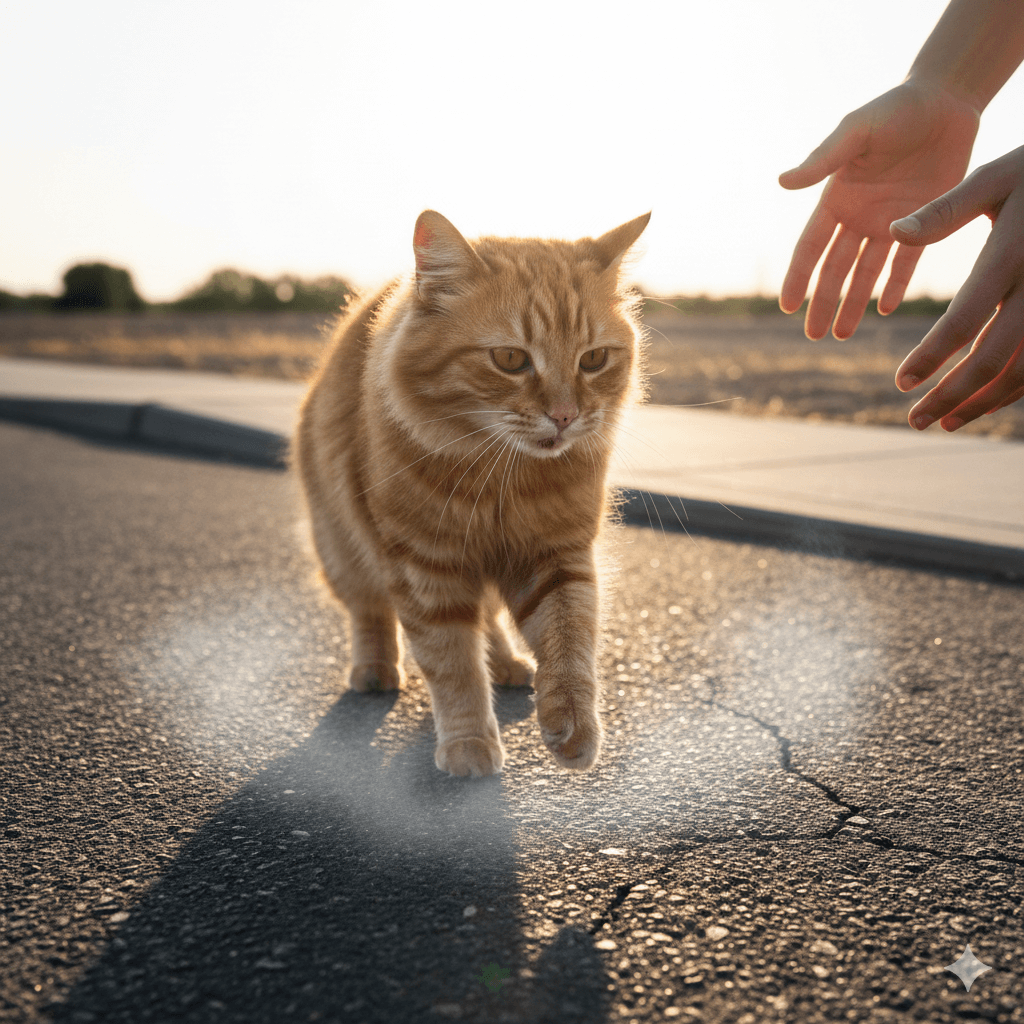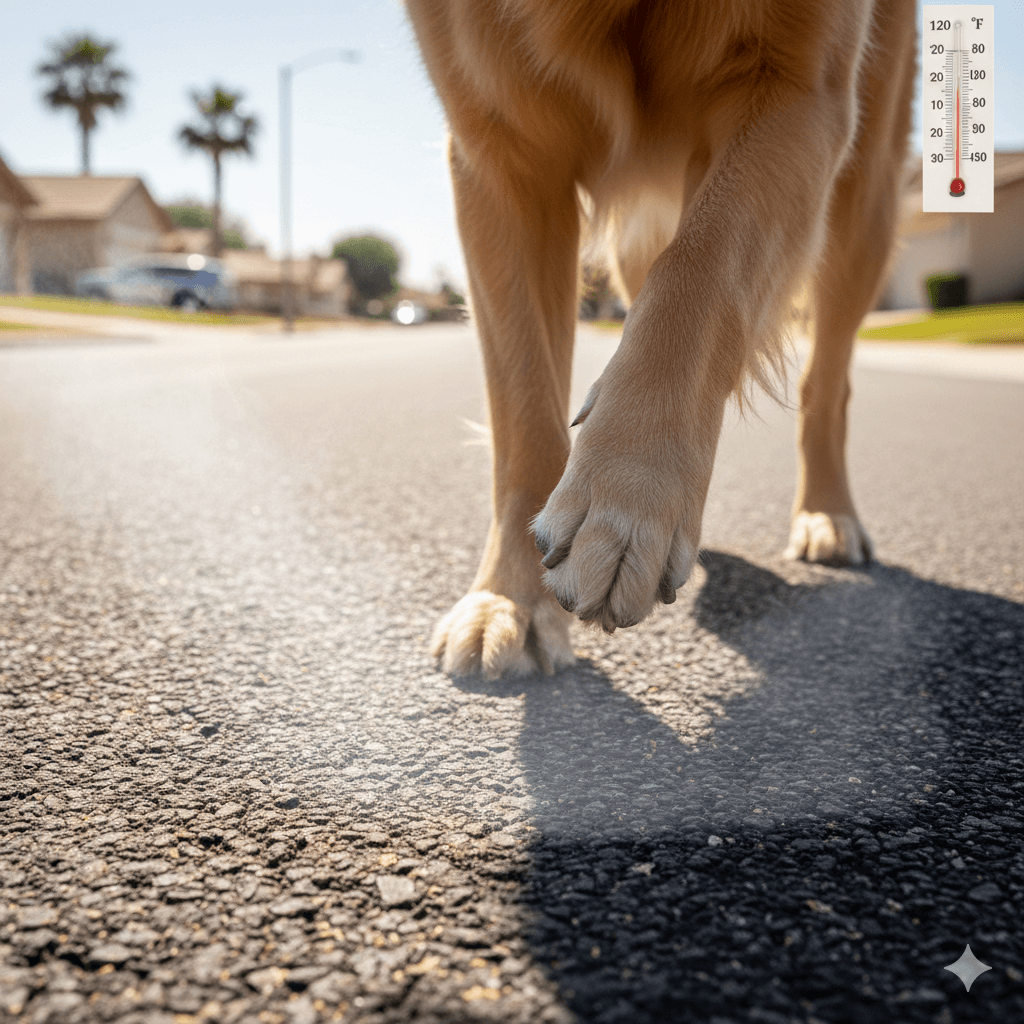Can Cats Eat Centipedes?
Cats are natural hunters with an insatiable curiosity, often leading them to chase after insects, spiders, and other small creatures. Among these critters, centipedes may occasionally cross their path. But can cats eat centipedes? While your feline friend might see a wriggling centipede as an irresistible snack, it’s essential to consider the potential risks and benefits before letting nature take its course. In this blog post, we’ll explore whether centipedes are safe for cats to consume, the dangers they might pose, and what you should do if your cat decides to indulge in this unusual treat.
Potential Risks of Cats Eating Centipedes
While cats are skilled predators, not everything they catch is safe for consumption. Centipedes, in particular, can pose several risks that every pet owner should be aware of.
Venomous Bite:
Some centipedes possess venom that can cause irritation, swelling, or even more severe reactions if injected into your cat’s mouth or skin.Choking Hazard:
Larger centipedes may be difficult for cats to chew properly, increasing the risk of choking or blockages in the digestive tract.Toxic Chemicals:
If the centipede has been exposed to pesticides or chemicals, your cat could ingest these harmful substances by eating the insect.Allergic Reactions:
Some cats may have allergic reactions to centipedes, resulting in symptoms like vomiting, diarrhea, or difficulty breathing.Parasite Transmission:
Centipedes can carry parasites that may infect your cat if ingested, leading to health complications down the line.
Understanding these risks highlights the importance of monitoring your cat’s interactions with centipedes and taking action if necessary.
Possible Benefits of Cats Eating Centipedes
Despite the risks, there are some potential benefits to cats consuming centipedes—though these are generally minor compared to the dangers.
Natural Hunting Instinct:
Catching and eating small prey like centipedes satisfies your cat’s innate hunting instincts, providing mental stimulation and exercise.Nutritional Value:
Centipedes contain protein and other nutrients, though the amount is negligible compared to a balanced diet.Pest Control:
By catching centipedes, your cat helps reduce the population of potentially harmful insects in your home or yard.Bonding Opportunity:
Observing your cat’s hunting behavior can deepen your understanding of their personality and strengthen your bond.Low-Calorie Snack:
For cats who enjoy the occasional bug, centipedes are a low-calorie treat that won’t contribute to weight gain.
While these benefits exist, they must be weighed against the potential risks to ensure your cat’s safety.
Check this guide 👉Can Cats Eat Blue Cheese? Best 7 Expert Tips!
Check this guide 👉Can Cats Eat Cherries? Best 7 Expert Tips!
Check this guide 👉Can Cats Eat Mackerel? Best 7 Expert Tips!

Signs Your Cat Ate Something Harmful | What to Do If Your Cat Eats a Centipede |
|---|---|
Excessive drooling | Monitor your cat closely for unusual behavior |
Vomiting or diarrhea | Contact your veterinarian if symptoms arise |
Swelling around the mouth or face | Keep your cat hydrated and comfortable |
Lethargy or weakness | Avoid inducing vomiting unless instructed |
Difficulty breathing | Seek emergency care for severe reactions |
How to Prevent Your Cat from Eating Centipedes
If you’re concerned about your cat encountering centipedes, there are steps you can take to minimize the risk.
Keep Your Home Clean:
Regularly vacuum and declutter your home to eliminate hiding spots for centipedes and other pests.Use Pet-Safe Pest Control:
Opt for non-toxic pest control methods to keep centipedes away without endangering your cat.Supervise Outdoor Time:
If your cat goes outside, supervise their activities to prevent them from chasing or eating unknown insects.Provide Alternative Prey Toys:
Offer interactive toys or stuffed “prey” to satisfy your cat’s hunting instincts in a safe way.Secure Windows and Doors:
Install screens or barriers to prevent centipedes and other insects from entering your home.
Taking these precautions can help protect your cat while still allowing them to engage in natural behaviors.
What to Do If Your Cat Eats a Centipede
If your cat manages to eat a centipede, staying calm and observant is key. Here’s what you should do next.
Assess the Situation:
Determine the size and type of centipede your cat consumed, as larger or venomous species pose greater risks.Watch for Symptoms:
Look for signs of distress, such as drooling, vomiting, or lethargy, which may indicate poisoning or injury.Contact Your Vet:
Even if your cat seems fine, consult your veterinarian for advice tailored to your specific situation.Avoid Home Remedies:
Refrain from giving medications or inducing vomiting unless explicitly instructed by a professional.Document the Incident:
Note when the incident occurred and any observed symptoms, as this information will be helpful during vet visits.
Acting promptly ensures your cat receives the care they need if complications arise.
Common Misconceptions About Cats and Centipedes
There are several myths surrounding cats and centipedes that can lead to confusion among pet owners. Clarifying these misconceptions helps ensure informed decision-making.
Myth: All centipedes are deadly to cats.
Reality: Most centipedes aren’t lethal, but some can cause mild irritation or discomfort.Myth: Cats instinctively know what’s safe to eat.
Reality: While cats are discerning, they can still make mistakes, especially with unfamiliar prey.Myth: Pesticides are always safe for households with pets.
Reality: Many chemical treatments can harm cats indirectly if ingested through grooming or exposure.Myth: Small insects can’t hurt large animals like cats.
Reality: Even tiny creatures can carry toxins, bacteria, or parasites that affect your cat’s health.Myth: Cats will never eat something harmful.
Reality: Cats can accidentally ingest dangerous items, including venomous insects or toxic plants.
Dispelling these myths promotes better awareness and preparedness for pet owners.
Health Considerations for Cats After Eating Centipedes
If your cat consumes a centipede, certain health considerations should be addressed promptly to avoid complications.
Mild Digestive Upset:
Occasional vomiting or diarrhea may occur but should resolve within 24 hours; contact your vet if symptoms persist.Oral Irritation:
Venom or sharp body parts of the centipede may irritate your cat’s mouth; check for redness or swelling.Secondary Infections:
Open wounds from bites or scratches can become infected; clean the area gently and seek veterinary care if needed.Parasitic Infestations:
Regular deworming treatments help prevent parasites transmitted by insects like centipedes.Behavioral Changes:
Watch for signs of pain, anxiety, or lethargy, which may indicate underlying issues requiring attention.
Proactive monitoring ensures early detection and treatment of any problems that arise.
Fun Facts About Cats and Their Hunting Habits
Cats’ fascination with hunting extends beyond just catching prey—it reflects their evolutionary history and unique traits. These fun facts shed light on why cats love chasing bugs like centipedes.
Born Hunters:
Even domesticated cats retain strong hunting instincts passed down from their wild ancestors.Playful Predators:
Cats often “play” with their prey to practice skills they’d use in the wild, honing precision and agility.Nighttime Hunters:
Cats are crepuscular, meaning they’re most active at dawn and dusk—the prime time for spotting insects.Sensitive Whiskers:
Cats use their whiskers to detect movement and vibrations, helping them locate hidden prey like centipedes.Curiosity Drives Exploration:
Their desire to investigate new sights, sounds, and smells leads them to discover—and sometimes eat—unusual snacks.
Understanding these behaviors deepens your appreciation for your cat’s natural tendencies and quirky habits.
Frequently Asked Questions About Cats and Centipedes
Are all centipedes dangerous to cats?
No, but some species have venom that can irritate or harm your cat if ingested or bitten.
What should I do if my cat catches a centipede?
Gently remove the centipede from your cat’s mouth and monitor them for any adverse reactions.
Can indoor cats encounter centipedes?
Yes, centipedes can enter homes through cracks or gaps, especially in damp areas like basements or bathrooms.
Do centipedes bite cats?
It’s rare, but possible; venomous bites may cause localized pain or swelling.
Should I punish my cat for eating a centipede?
No, punishment isn’t effective. Instead, redirect their attention to safer activities or toys.
Balancing Curiosity and Safety for Your Feline Friend
Cats are curious creatures with a knack for finding entertainment in the smallest things—including centipedes. While eating a centipede isn’t always harmful, it does come with potential risks that require vigilance and care. By understanding the dangers, taking preventive measures, and knowing how to respond if an incident occurs, you can ensure your cat stays safe while indulging their natural instincts. Remember, your role as a pet owner is to balance their freedom to explore with the responsibility of keeping them out of harm’s way. With the right approach, you can let your cat enjoy their adventures without compromising their well-being.
Newfoundland Dog Personality: Best 7 Expert Tips! – Discover the gentle, loyal, and protective nature of this giant breed perfect for families.
Can Hot Pavement Burn Your Cats Paws? Best 7 Expert Tips! – Learn how to protect your cat’s paws from hot surfaces and prevent painful burns this summer.
Can Hot Pavement Burn Your Dogs Paws? Best 7 Expert Tips! – Learn how to protect your dog’s paws from hot surfaces and ensure safe summer walks.
Irish Wolfhound Size: Best 7 Expert Tips! – Discover the ideal height, weight, and care tips for this majestic giant breed. Learn how to manage their impressive stature responsibly.




